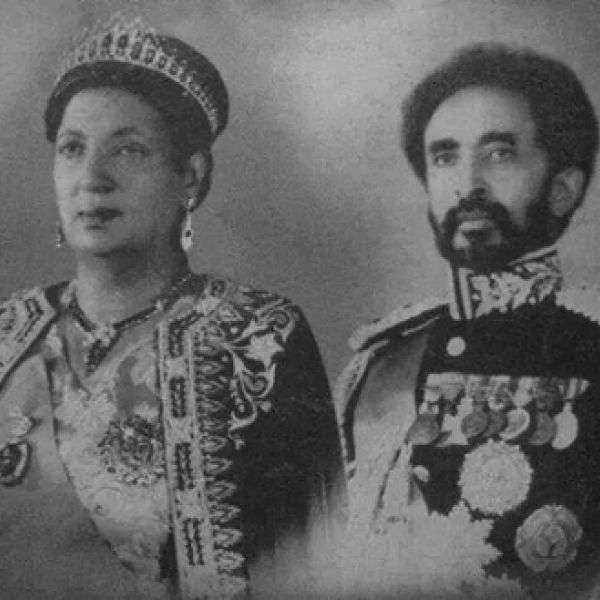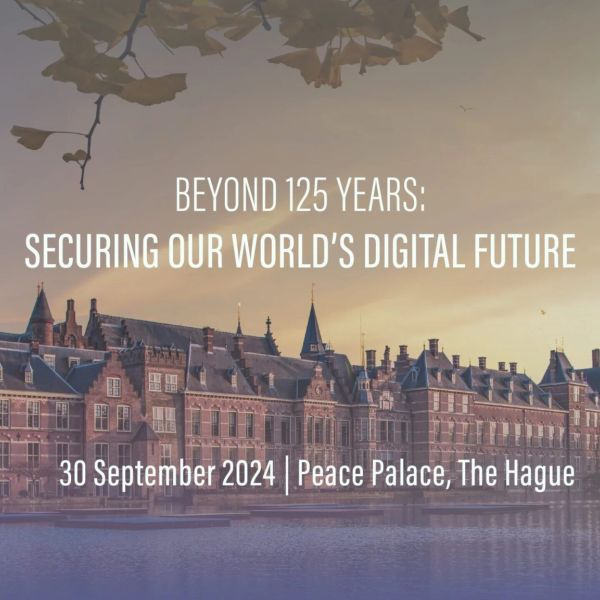Conference on International Cyber Security
- Date: 12 November
- Location: Het Spaansche Hof

Tuesday 12 November 2024 - Wednesday 13 November 2024
In 2024, an estimated 2 billion people will go to the polls in elections around the world, in what has been called the ‘biggest elections megacycle so far this century’. This serves as a reminder that democracy is globally still one of the most prominent political systems, but also one that is under pressure: from undemocratic forces, domestic and foreign. The internet is a vital conduit for democracy: never have people had more direct access to political information and never has it been harder to ascertain the veracity and integrity of that information. Online disinformation and information operations have become vital tools for adversarial state actors seeking to discredit democracy as a system and who are happy to throw petrol on any fire that may destabilise elections and undermine trust in government and political institutions.
Given how online information spreads, democratic states need to look to internet platforms and ‘Big Tech’ companies to help stem the flow of malicious political disinformation and conspiracy theories. This introduces at least two problems for democracies in cyberspace. Firstly, it forces democracies – albeit indirectly – on the path to distinguishing between true and false information of import to their states and societies, which they have traditionally kept away from. In the UN negotiations on responsible state behaviour in cyberspace, likeminded states have always balked against the notion of information security, but are now seeking ways to address the problem of information operations that hit democracies the hardest. Secondly, it creates a dependency on the big internet platforms to act as an arbiter of legitimate information, which is politically awkward and runs up against the way platform algorithms work as well as how that feeds into their business model in which ‘virality’ is a good thing.
Additionally, as the grey zone of ‘below the threshold’ cyber conflict heats up through cyber operations varying from disinformation, subversion, espionage to sabotage, democracies find themselves on the backfoot again. Democracies governed by the rule of law do not enjoy unrestricted liberty to strike back at adversarial states below the threshold. While they, or at least some, do engage in grey zone activities in cyberspace they are comparatively constrained by legal requirements and oversight. The democratic ‘noblesse oblige’ means that democracies can’t, and should not want to, fight fire with fire. This is essential in light of the continued efforts to come to international terms on responsible state behaviour in cyberspace, but leaves democracies restricted in an operational response.
In 2024, we want to discuss democracy and cyberspace. What are the biggest challenges cyberspace poses for democracies and how can they respond? How can democracies further their agenda in international fora through the negotiation of rules and norms, and how does that stack up against state behaviour? What are strategies of adversarial states to destabilise democracies? How can democracies defend against them? What would be democratically and legally sanctioned ways to ‘strike back’? How can democratic states work with and/or regulate internet platforms to help defend democracy? These, and many other related questions we hope to see asked and answered at the 2024 annual of The Hague Program on International Cyber Security.
Het Spaansche Hof
Westeinde 12
2512 HD Den Haag Sign Up


